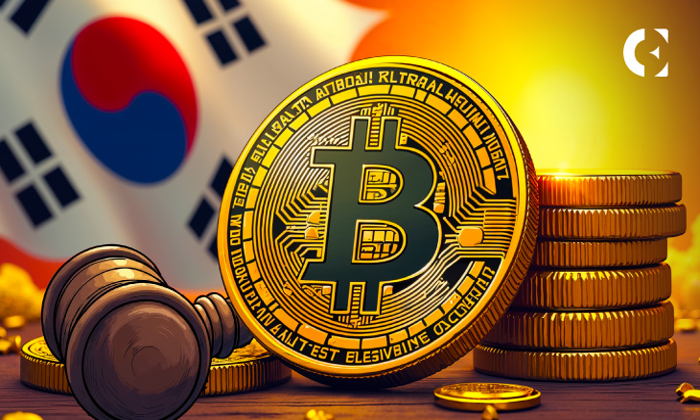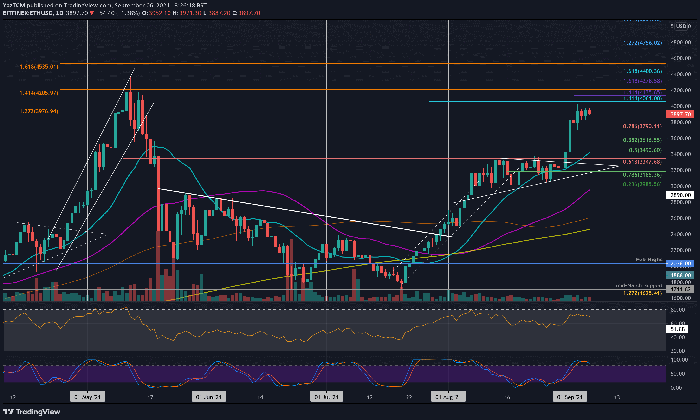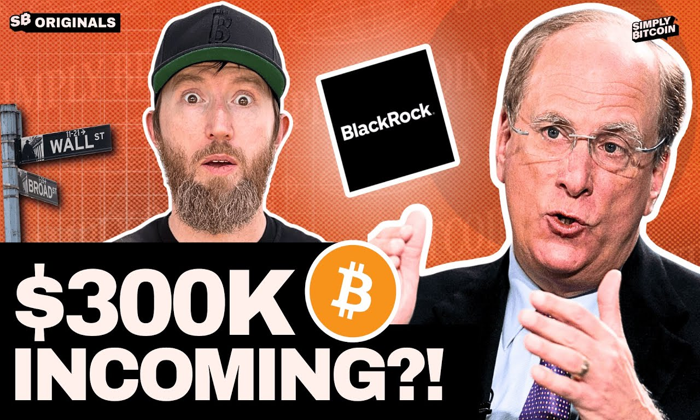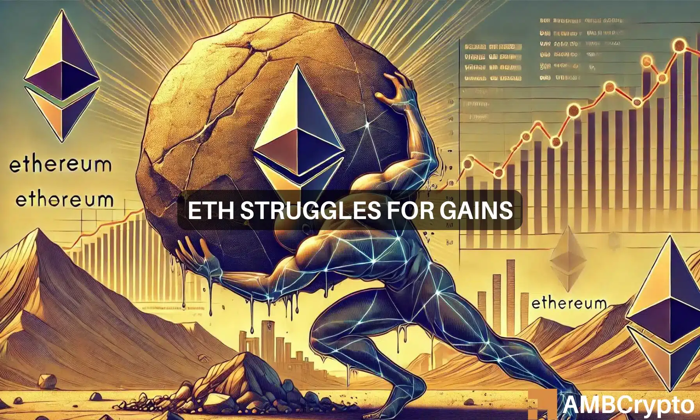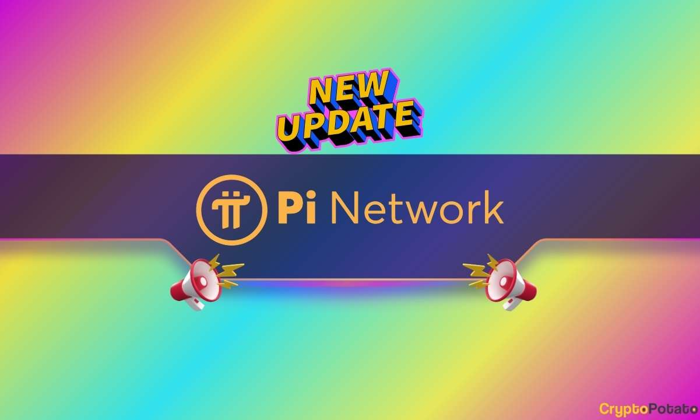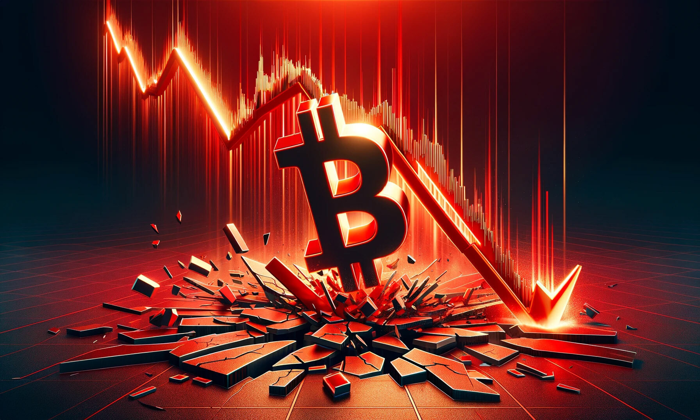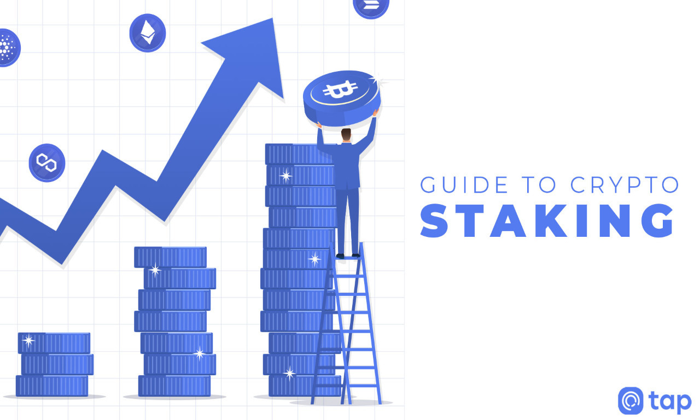GMX Defends Contracts in the wake of a significant incident involving the Abracadabra exploit, which led to a staggering $13 million loss due to vulnerabilities in decentralized finance (DeFi) smart contracts. The exploit, reported by blockchain security firm PeckShield, revealed weaknesses within the Abracadabra ecosystem, particularly its cauldrons that play a crucial role in lending and liquidity operations. Despite this alarming breach resulting in the theft of around 6,260 Ethereum, GMX swiftly reassured its community that its own contracts remained unscathed and secure. As the landscape of blockchain security evolves, this incident not only underscores the fragile nature of DeFi but also highlights GMX’s commitment to maintaining robust security measures within its decentralized exchange framework. With the DeFi sector maturing, it is imperative for trading platforms like GMX to reinforce their defenses against future threats while fostering trust among users.
In the aftermath of a recent security breach, GMX has taken proactive steps to ensure the integrity of its decentralized trading platform’s agreements. The incident related to the Abracadabra exploit has raised critical questions about vulnerabilities in the decentralized finance landscape, particularly concerning smart contract security. GMX’s responsive measures demonstrate the importance of rigorous protocols in safeguarding assets against potential theft, including the theft of Ethereum linked to exploits in other DeFi projects. As the blockchain industry navigates these challenges, the focus on reinforcing the security of financial protocols becomes paramount. By addressing these issues head-on, platforms like GMX not only protect their users but also contribute to the overall resilience of the cryptocurrency ecosystem.
GMX Defends Contracts Amid Abracadabra Exploit
In light of the recent exploit involving Abracadabra’s cauldrons, GMX has issued a clear statement affirming that its contracts have remained secure and intact. The decentralized exchange, which thrives on the principles of blockchain security and integrity, confirmed that the exploit did not breach its own smart contracts. Instead, the integration with Abracadabra was the point of vulnerability, illustrating how interconnected DeFi ecosystems can expose weaknesses in other platforms. With the incident leading to a theft of approximately 6,260 Ethereum, valued at around $13 million, GMX’s assurance is crucial to maintaining confidence in its infrastructure among users.
The GMX team emphasized that they have conducted thorough assessments and found no vulnerabilities within their own smart contracts. They urged users and investors to understand the nature of the exploit and its limited scope concerning their platform. With security within the decentralized finance (DeFi) sector being a growing concern, GMX’s prompt response illustrates their commitment to protecting their offerings. As the Abracadabra team collaborates with external security experts to uncover the exploit’s origins, GMX’s role in the wider ecosystem remains pivotal in promoting robust security practices.
Understanding the Abracadabra Cauldron Exploit
The exploit associated with Abracadabra’s cauldron has raised significant alarms regarding smart contract vulnerabilities within the growing DeFi landscape. Specifically, the CauldronV4 contract, which facilitates multiple DeFi operations, was exploited during a sequence of actions that ultimately led to the theft. Notably, the process lacked adequate checks; solvency validations only occurred after all operations were executed. This loophole allowed the attacker to leverage the system without having any collateral, leading to considerable financial consequences.
Crypto researcher Weilin (William) Li analyzed the sequence of events closely and found that the attacker made a calculated move by borrowing the Magic Internet Money (MIM) stablecoin before initiating a liquidation process through an attack contract. The findings highlight a critical need for enhanced scrutiny and security measures within smart contracts in the DeFi space. As shown in previous incidents, including earlier vulnerabilities that resulted in a loss of millions, integrating advanced security protocols has never been more essential.
The Impact of DeFi Vulnerabilities on Blockchain Security
The recent exploit is not an isolated incident but part of a broader trend of vulnerabilities emerging within the decentralized finance sector. Consequently, DeFi platforms, including the GMX decentralized exchange, must prioritize the security of their smart contracts to protect users’ investments. Blockchain security firms, like PeckShield, play a crucial role in identifying potential threats. Their insights can lead to more resilient systems, and preventative measures that can shield users from future attacks.
Moreover, the inherent risks associated with DeFi ecosystems underscore a significant educational gap among users. Users must be aware of how interconnected platforms can amplify vulnerabilities, potentially affecting their investments. Continuous outreach and education efforts from exchanges like GMX are essential to inform users about safe practices while engaging in DeFi activities. Ultimately, enhancing blockchain security protocols will cradle the growth of decentralized finance as a trusted financial alternative.
Examining GMX’s Response to Blockchain Exploits
GMX’s response to the Abracadabra exploit reflects a proactive approach in addressing potential vulnerabilities. By promptly communicating the security status of their contracts, GMX maintains transparency with its user base, affirming its dedication to security in the inherently volatile DeFi market. Establishing trust is vital for platforms contending with ongoing security challenges; thus, their willingness to engage with external security audits and investigations promotes a culture of diligence and integrity.
Additionally, GMX’s communication strategy showcases how similar exchanges can effectively navigate crises. By swiftly detailing the nature of the vulnerability and steps taken to secure their platform, GMX reinforces the importance of a robust offense against security threats. As the DeFi ecosystem grows, exchanges will need to develop comprehensive incident response strategies that not only address real-time threats but also bolster the security framework that underpins their operations.
The Broader Implications for DeFi Ecosystems
The exploit impacting Abracadabra highlights broader implications for the decentralized finance sector as a whole. As interconnected platforms become increasingly prominent, the ripple effect of a single exploit can have dire consequences across the ecosystem. Users must consider the security measures in place when selecting platforms for their financial transactions. GMX’s situation serves as a reminder of the need for vigilance in an era where decentralized systems promise innovation but also expose inherent risks.
Moreover, the heightened scrutiny on decentralized exchanges following incidents like these may lead to improved regulatory frameworks in the sector. While regulations can often stifle innovation, in this case, transparency and accountability may evolve to ensure the stability of DeFi operations. Collaboration among various blockchain stakeholders, including exchanges, regulators, and security firms, will be vital in fostering a safer environment, encouraging the advancement of decentralized finance while ensuring users’ protection.
Future Security Measures in Decentralized Finance
In light of recent exploits, future security measures in decentralized finance must grow more sophisticated and robust. The DeFi community should prioritize implementing advanced audit protocols and real-time monitoring systems to detect anomalies early on. Practices such as behavior-based risk assessment—where contract interactions are analyzed for unusual patterns—can significantly enhance security. Additionally, platforms like GMX can lead the charge by embracing innovative security solutions that not only protect themselves but elevate industry standards as a whole.
Moreover, community engagement will play a critical role in shaping future security practices within the DeFi realm. By fostering an environment where users can report vulnerabilities or suspicious activities, decentralized exchanges can cultivate a more secure atmosphere for everyone involved. As DeFi platforms confront the evolving landscape of threats, embracing a collaborative approach will enable continuous improvement and resilience, ensuring the safety of their ecosystems and fostering user confidence.
Investing Wisely in DeFi: Risk Mitigation Strategies
Given the security challenges highlighted by the Abracadabra exploit, understanding risk mitigation strategies becomes crucial for anyone engaging with DeFi platforms. Investors should diversify their portfolios and consider the level of security measures different exchanges, such as GMX, have in place. Evaluating the track record of platforms, including any past security incidents and their subsequent responses, can inform better investment decisions and reduce exposure to potential losses.
Additionally, staying informed about blockchain security news and updates will help investors make wiser choices. Engaging with community discussions or following reputable sources will provide insights into security threats, emerging vulnerabilities, and effective strategies for protecting assets in the decentralized finance space. As the landscape evolves, the most successful DeFi participants will be those who prioritize security and adopt practices that help mitigate risks effectively.
The Importance of Transparent Communication in Crypto
Transparent communication is essential in establishing trust in the crypto ecosystem, especially following incidents like the Abracadabra exploit. GMX’s clear articulation of their contracts’ security status following the theft demonstrates how critical it is to keep users informed. Timely and accurate communication can prevent panic and misinformation within the community, preserving confidence in the platform and the broader DeFi system.
Transparency should extend beyond incident responses. Regular updates about security audits, ongoing investigations, and proactive measures being implemented are vital in reassuring users and stakeholders. By maintaining an open line of communication with their user base, exchanges can foster loyalty and mitigate potential backlash in the event of unforeseen vulnerabilities. As the crypto landscape is shaped by user trust, transparent communication will prove to be a cornerstone for sustained success in the industry.
Learning from Past Incidents to Shape Future Practices
Every exploit in the DeFi space presents a learning opportunity for platforms and users alike. The GMX response following the Abracadabra incident emphasizes the importance of examining the underlying causes of such breaches to enact meaningful changes. By analyzing failures—whether they stem from technical flaws or operational weaknesses—decentralized exchanges can strengthen their defenses and enhance their protocols to prevent future occurrences.
Incorporating lessons learned into daily practices is essential for the DeFi space to evolve. Continuous education and training among developers and stakeholders about security challenges and innovations will lead to a more resilient ecosystem. Moreover, sharing knowledge and insights from incidents across platforms can pave the way for a collaborative culture where the ultimate goal is safeguarding user assets and advancing the ideals of decentralized finance.
Frequently Asked Questions
What measures are GMX taking to ensure the security of its decentralized exchange contracts after the Abracadabra exploit?
GMX has assured the community that its contracts are secure and unaffected by the recent Abracadabra exploit. The vulnerabilities were related to the integration between GMX V2 and Abracadabra’s cauldrons, not GMX’s own smart contracts. The team is actively monitoring the situation and collaborating with external security researchers to enhance their DeFi smart contracts’ security.
How did the GMX decentralized exchange respond to the $13 million theft associated with the Abracadabra Cauldron exploit?
In response to the theft linked to the Abracadabra Cauldron exploit, the GMX decentralized exchange swiftly clarified that its contracts were not compromised. They explained the event was confined to the interactions with Abracadabra’s smart contracts, emphasizing that no vulnerabilities were found within GMX’s security measures.
What impact did the Abracadabra exploit have on GMX and its liquidity pools?
The Abracadabra exploit highlighted vulnerabilities within the Abracadabra cauldrons that utilize GMX’s liquidity pools; however, GMX confirmed that its decentralized exchange and contracts remain secure. The incident prompted GMX to reinforce its security protocols and underscored the necessity for ongoing vigilance in the DeFi space.
What lessons can be learned from the GMX contracts’ involvement in the Abracadabra exploit?
The situation with the GMX contracts and the Abracadabra exploit illustrates the importance of robust security measures in DeFi smart contracts. It emphasizes the need for thorough vetting of integrations with other protocols and highlights the ongoing risk of security vulnerabilities that can affect decentralized exchanges.
What are the implications of the Abracadabra Cauldron exploit for the broader DeFi ecosystem, including GMX?
The implications of the Abracadabra Cauldron exploit extend to the entire DeFi ecosystem, including GMX, as it reveals potential weaknesses in smart contract design and integration. Such incidents stress the importance of continuous security audits and proactive measures to protect users and funds within decentralized exchanges.
How is GMX addressing community concerns regarding blockchain security after the $13 million theft?
To address community concerns about blockchain security after the theft, GMX provided reassurances regarding the integrity of its contracts and actively communicated its security stance. The team is also collaborating with the Abracadabra team and security experts to investigate the breach and improve overall security in the DeFi sector.
What specific vulnerabilities were identified during the Abracadabra exploit related to GMX’s integration?
The vulnerabilities during the Abracadabra exploit were found in the integration between GMX V2 and Abracadabra’s cauldrons, which allowed for a complex flash loan attack that exploited the solvency check procedures. GMX confirmed that their own smart contracts were not at fault and remained secure throughout the incident.
What are flash loan attacks, and how did they relate to the GMX and Abracadabra exploit?
Flash loan attacks involve executing multiple transactions rapidly without collateral, exploiting vulnerabilities in DeFi smart contracts. In the context of the GMX and Abracadabra exploit, the attacker used a flash loan to increase their debt, enabling the liquidation process that ultimately led to the theft exploited within Abracadabra’s cauldron.
| Title | Details |
|---|---|
| GMX Defends Contracts | GMX claimed its contracts remained secure after a $13 million exploit tied to Abracadabra’s cauldrons. |
| Incident Overview | The incident involved a theft of 6,260 Ethereum ($13 million) through vulnerabilities in Abracadabra’s ecosystem. |
| GMX’s Response | GMX reassured the community that their contracts were not affected and emphasized the attack was limited to integration with Abracadabra. |
| Investigation | The Abracadabra team and external researchers are investigating to prevent future exploits. |
| Security Implications | This highlights ongoing security challenges in DeFi, following a previous $6.49 million exploit in January 2024. |
| Flash Loan Attack Details | The attacker used a flash loan to exploit the system’s solvency check process to their advantage. |
Summary
GMX Defends Contracts amidst a challenging incident involving the Abracadabra ecosystem, highlighting the importance of security in decentralized finance. Despite the $13 million loss due to an exploit, GMX firmly stated that its contracts were secure, reinforcing confidence among its users. This incident underscores the significant vulnerabilities still present in the DeFi space, leading to an urgent call for improved security measures and thorough investigations. As the DeFi ecosystem continues to evolve, incidents like these serve as a reminder for platforms to prioritize robust protective mechanisms.
In the wake of a significant security incident, GMX Defends Contracts with a firm statement regarding their integrity amidst the chaos triggered by the Abracadabra exploit. This $13 million loss, attributed to vulnerabilities in Abracadabra’s cauldrons, has raised alarms throughout the DeFi smart contracts community. However, GMX, a leading player in the decentralized exchange (DEX) sector, emphasized that their own contracts remained secure and unaffected by the Ethereum theft. As investigations unfold, GMX’s involvement illustrates critical lessons in blockchain security and the importance of safeguarding decentralized finance platforms. The robust response from GMX further highlights the resilience of their infrastructure, assuring users of continued safety in their trading activities.
In recent developments, GMX has stood firm in its commitment to protecting its contractual frameworks following an alarming theft linked to the Abracadabra protocol. This incident, which saw a substantial financial loss, underscores the vulnerabilities present in the decentralized finance landscape. GMX, a prominent entity within the decentralized exchange sphere, has reassured its users that their smart contracts remain intact and secure, despite the surrounding chaos. The exploit serves as a potent reminder of the persistent security challenges in the DeFi ecosystem and the ongoing need for vigilant blockchain security practices. As the community navigates these turbulent waters, the importance of solid protective measures for decentralized trading platforms cannot be overstated.



